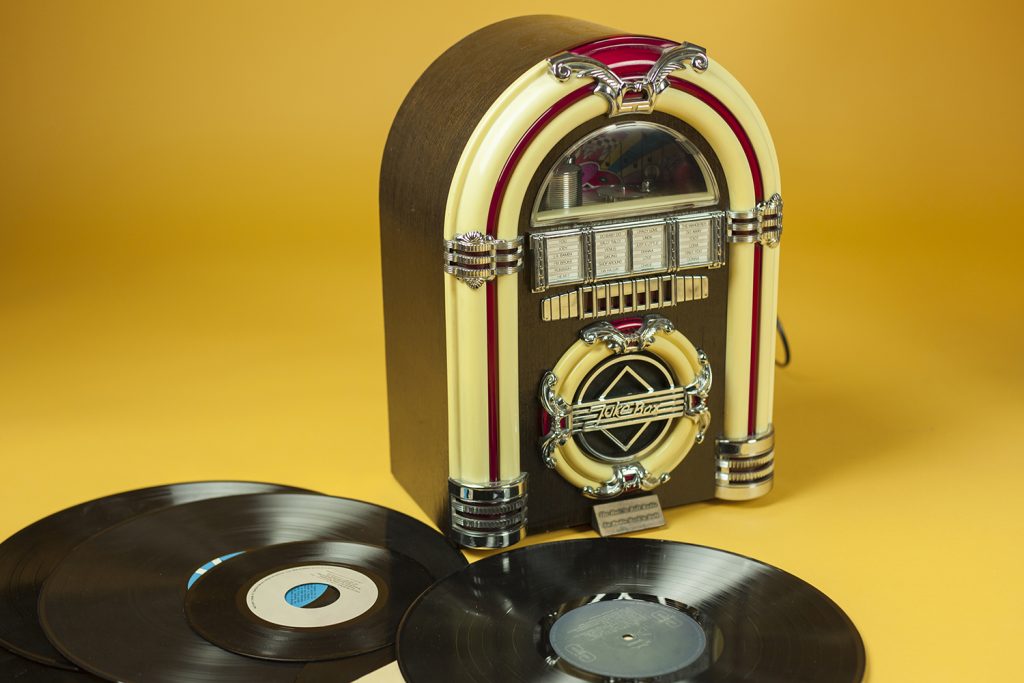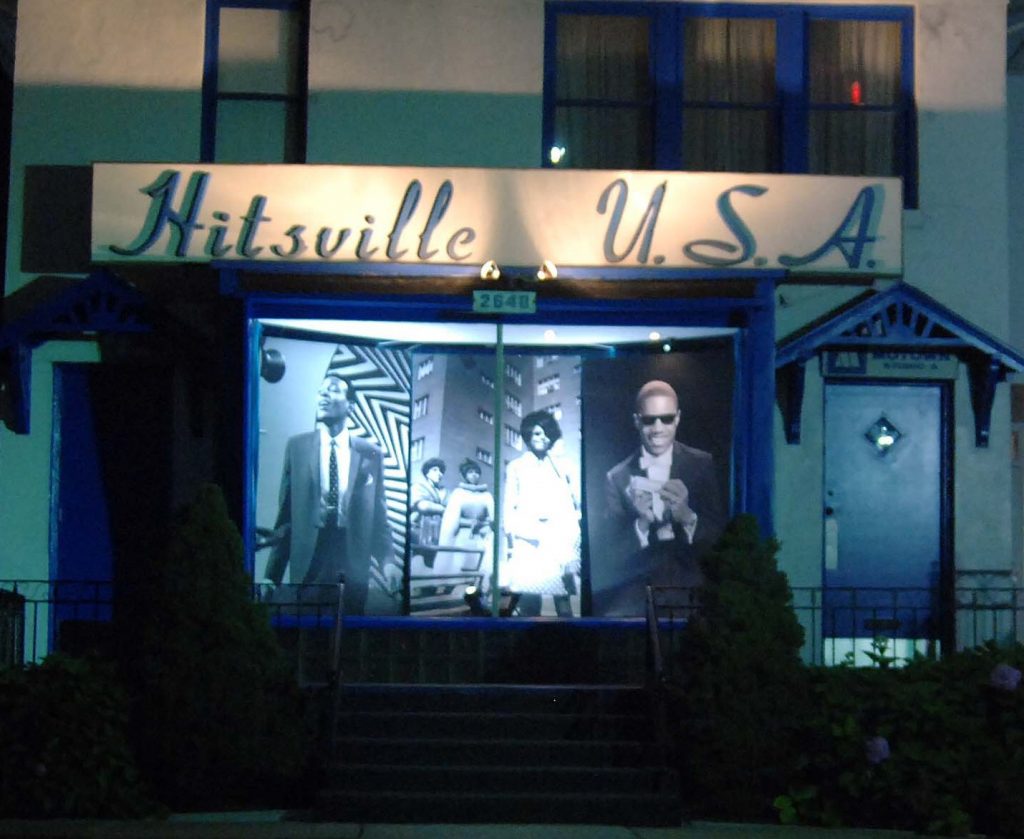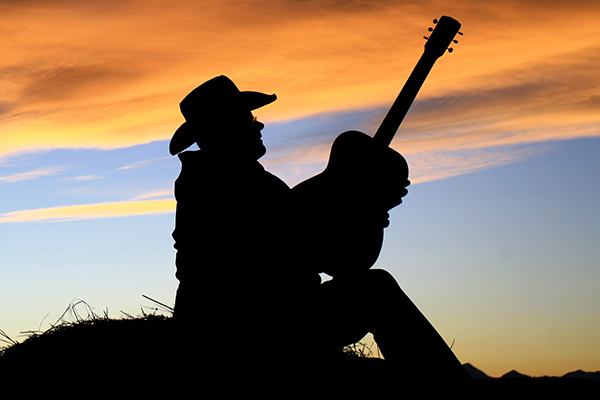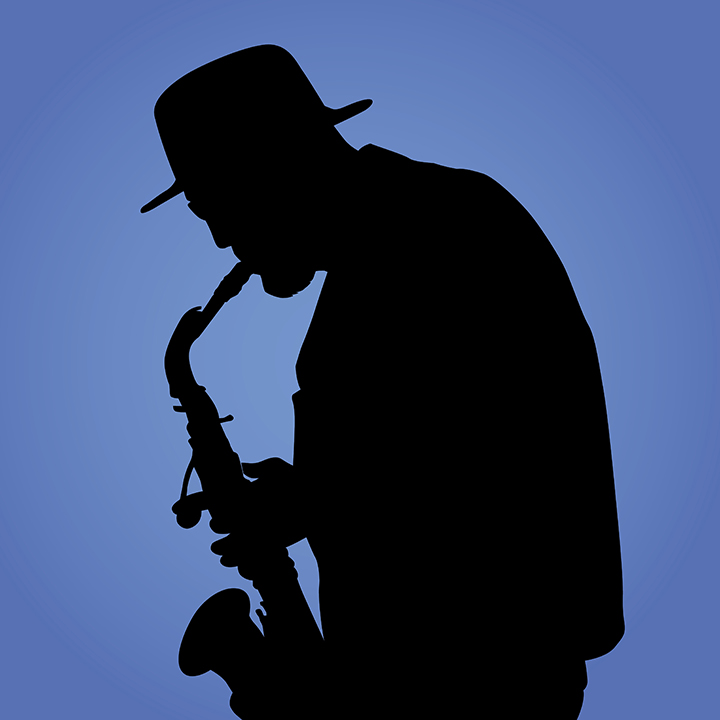Honoring Black Composers
Innovators whose music has brought so much joy to so many millions.
Great composers should be honored all year long, but during Black History Month, it’s particularly fitting that we pay tribute to the Black composers whose music has brought so much joy to so many millions.
The 12 men and women on this list were relentless in expanding their creative boundaries with the uniqueness of their scores. Some were innovators of new genres like ragtime and jazz, while others were the first to gain access to bigger stages. These struggles continue. It wasn’t until 2021 that trumpeter Terence Blanchard made history as the first Black composer in 138 years to have their work, “Fire Shut Up in My Bones,” presented by the Metropolitan Opera. Blanchard’s trailblazing builds on the commitment of those listed below to always move the music forward.
Joseph Boulogne, Chevalier de Saint-Georges (1745 – 1799)
Saint-Georges, known as the “Black Mozart,” was a French violinist and the earliest European musician/composer of African descent to receive widespread critical acclaim. He wrote and published countless operas, string quartets, concertos, and symphonies between 1771 and 1779. A 2020 New York Times story presents a rationale for the “Black Mozart” moniker, noting “remarkable similarities between an excerpt from a Boulogne violin concerto … and a passage from Mozart’s K. 364.” The same phrasing recurs in Boulogne’s solo string writing: “a difficult sequence climbing to the highest register of the instrument, immediately followed by a dramatic dip — [one that] had never appeared in Mozart’s work until this Presto.” Boulogne’s compositions include “L’Amant anonyme, Ouverture: I. Allegro presto” and “Violin Concerto in D Major, Op. 3 No. 1: II. Adagio.”
Francis “Frank” Johnson (1792 – 1844)
Johnson is considered one of the forefathers of ragtime and jazz. Proficient on the bugle, violin and piano, he wrote over 200 compositions that encompassed operatic airs, Ethiopian minstrel songs, patriotic marches, ballads and quicksteps. He’s also the first African-American to have his songs published as sheet music. Johnson’s catalog includes “Princeton Gallopade” and “The Grave of the Slave.”
Henry Thacker Burleigh (1866 – 1949)
This American classical composer and arranger had a rich baritone voice that landed him a scholarship at the National Conservatory of Music in New York. He made Black music accessible to classically trained artists by introducing them to spirituals and arranging them in a classical style. During the late 1890s Burleigh started publishing his own arrangements of art songs, and eventually became the best-known composer of the genre. Among his prominent works are “You Ask Me if I Love You” and “The Prayer I Make for You.”
Scott Joplin (1868 – 1917)
Joplin was the “King of Ragtime,” one of the pioneers of a genre characterized by a strong syncopation in the melody with a regularly accented accompaniment in stride piano style. A composer and pianist of great renown, Joplin wrote over 40 ragtime songs, a ragtime ballet, and two operas. Ragtime underwent a revival in the 1970s when Joplin’s “The Entertainer” was used in the Oscar-winning motion picture The Sting. Here are renditions of two of his most famous compositions: “Maple Leaf Rag” and “The Entertainer.”
Harry Lawrence Freeman (1869 – 1954)
Harry Lawrence Freeman was the first African-American composer to write operas that were successfully produced. His first two projects, Epthelia, 1891 and The Martyr, 1893, were performed by his company, Freeman Opera, at the Deutsch’s Theater in Denver. In the early 1900s, the Freeman family migrated to New York’s Harlem neighborhood. In 1912, ragtime composer Scott Joplin was also in the city, and sought Freeman’s assistance in reimagining his three-act opera, Treemonisha, which had been stalled for a year. Here’s sample of Freeman’s music: “Chloe’s aria from Act II of Voodoo” and “Mando’s aria from Act I of Voodoo.”
Samuel Coleridge-Taylor (1875 – 1912)
Coleridge-Taylor was not only a composer and conductor, but also a political activist whose musical sensibilities were shaped by his multicultural parents: an English mother and a father from Sierra Leone. Always conscious of his heritage, Taylor’s classical compositions were greatly influenced by African musicians, transforming him into one of the most innovative artists of his time. His compositions include “Deep River” and “Nonet in F Minor.”
Robert Nathaniel Dett (1882 – 1943)
Robert Nathaniel Dett showcased his talents through the Hampton Institute Choir. Under his baton, 40 members of the Hampton Singers performed at Carnegie Hall in January 1914. The college, now called Hampton University, achieved another milestone on Dec. 17, 1926, when 80 members of the choir performed at the Library of Congress. Dett published about 100 piano, vocal and choral works, including arrangements of “Somebody’s Knocking at Your Door” and “I’m So Glad Trouble Don’t Last Alway.”
Florence Beatrice Price (1887 – 1953)
Florence Beatrice Price was the first Black woman composer to have her music played by a major orchestra in the U.S. The premiere of Symphony No.1 in E minor on June 15, 1933 was driven by her first-place victory in the Wanamaker Competition during the previous year. She wrote over 300 works, including four symphonies and four concertos. Among Price’s most memorable compositions are “Mississippi River Suite” and “Ethiopia’s Shadow in America.”
William Grant Still Jr. (1895 – 1978)
This diverse composer wrote over 200 symphonies, ballets, operas and choral works. In the 1930s, Still arranged popular music for NBC Radio shows, and for movies such as Bing Crosby’s Pennies from Heaven (1936) and Frank Capra’s Lost Horizon (1937); he further distinguished himself by leading the Los Angeles Philharmonic at the Hollywood Bowl — the first African American to conduct a major American orchestra with his own music. Here are examples of Still’s work: “Afro-American Symphony No.1” and “Troubled Island.”
Edward Kennedy “Duke” Ellington (1899 – 1974)
Without question, Edward Kennedy “Duke” Ellington was one of the greatest and most prolific composers of the 20th century. According to Smithsonian Magazine, he wrote over 3,000 songs for his own band and for others. Ellington on his own, and in collaboration with co-writers like Billy Strayhorn, expanded the number of standards with songs like “Do Nothing Till You Hear from Me,” “In a Sentimental Mood” and “It Don’t Mean a Thing (If It Ain’t Got That Swing).” Following his death, trumpet legend Miles Davis said, “At least one day out of the year all musicians should just put their instruments down, and give thanks to Duke Ellington.”
Margaret Allison Bonds (1913 – 1972)
Margaret Allison Bonds was an American composer, pianist and arranger who is best known for her partnership with novelist/playwright Langston Hughes. It was the personal and professional relationship between the two that sparked her creativity, with Bonds providing a soundtrack for much of Hughes’ work. Their collaborations include “I, too, sing America” and “Songs of the Seasons.”
Julia Amanda Perry (1924 – 1979)
Perry was an American composer who merged her classical training at Westminster Choir College, the Berkshire Music Center (now Tanglewood) and Juilliard with her African-American sensibilities to cultivate her own voice. Her 1951 arrangements of “Free at Last” and “I’m a Poor Li’l Orphan” revealed her affinity for Black spiritual music. In 1954, her opera, The Cask of Amontillado, was first staged at Columbia University. Perry also penned several types of chamber music, including a violin concerto, 12 symphonies and two piano concertos. Among her most memorable compositions are “Prelude for Piano” and “Pastoral.”
Be sure to check out Yamaha Artist Lara Downes Rising Sun Music, a record label and history project honoring Black composers of the last 200 years.















